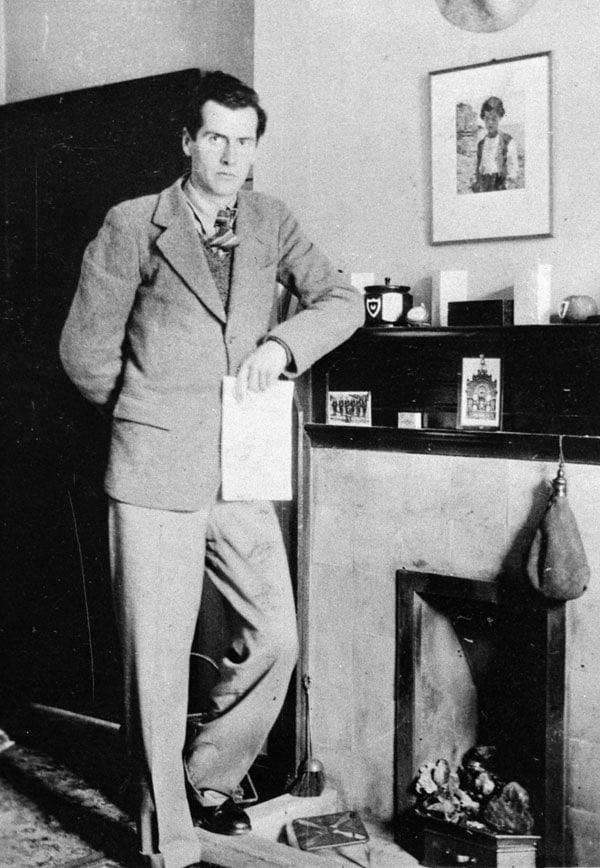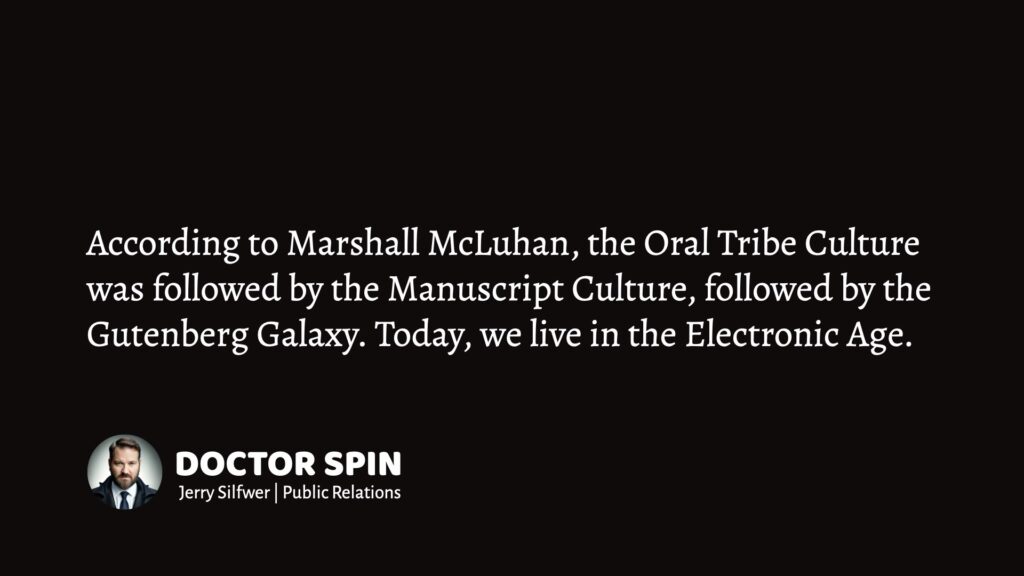Social media won’t kill culture.
First: Fuck you, David.
I bought a paper copy of Esquire today and turned to page 26 (yes, that’s how many ads I had to get through before reaching the editor’s note).
There, the editor David Granger writes that the “treasured assumption of the digirati” was that the digital revolution would cause the end of record labels, book publishers, and movie studios. “But it didn’t, ha!”
“The disintermediation,” he concludes, “is freeing traditional media outlets like Esquire, enabling us to expand our horizons.”
That’s all well and good, David.
Traditional media outlets must adapt to digital-first — or fade away. However, when traditional Mad Media Men and the Copyright Mafia yelled at the top of their lungs, “Social media will kill culture, and journalism will die,” we said:
“No, that’s not how this digital stuff works.”
Social media can’t kill culture.
Social media is culture.
Second: Culture won’t die (and journalism won’t either). New revenue models are emerging out of the ashes — exactly as we, “the digirati,” predicted. To our point, the internet has proven to be an amplifier of human culture, not a destroyer.
So, let’s set the record straight.
What happened was that record labels, book publishers, and movie studios complained and moaned. But in the end, their whining fell on deaf ears. And so they were forced to adapt.
Exactly like we, “the digirati,” predicted.
And traditional media hated us for it.
For the largest part, the digitalisation of society will be a good thing for humanity — possibly also allowing Esquire to “expand its horizons.” And I’m pleased that Granger feels the need to acknowledge this, even as late as 2011.
Never too late for a change of heart, right?
So, in the spirit of change, hear us this time around. Traditional media is still down for the count, but instead of being humble, don’t try to rewrite history in your favour. Since Esquire gives advice on how to be a man, let me return the favour:
If you’re going to take credit, be a man and make sure it’s yours to take.
Best regards,
Jerry
ps. The Gutenberg galaxy is not coming back:
Enter: The Electronic Age
Human culture is often described based on our access to production technologies (e.g., the Stone Age, the Bronze Age, and the Iron Age).
According to Marshall McLuhan and the Toronto School of Communication Theory, a better analysis would be to view societal development based on the prominence of emerging communications technologies.

McLuhan’s Four Epochs
McLuhan suggests dividing human civilisation into four epochs:
“The Gutenberg Galaxy is a landmark book that introduced the concept of the global village and established Marshall McLuhan as the original ‘media guru’, with more than 200,000 copies in print.”
Source: Modern Language Review 1McLuhan, M. (1963). The Gutenberg galaxy: the making of typographic man. Modern Language Review, 58, 542. https://doi.org/10.2307/3719923

As a PR professional and linguist, I subscribe to the concept of the Electronic Age. I firmly believe society is unlikely to revert to the Gutenberg Galaxy.
Like the rest of society, the PR industry must commit to digital-first, too. Mark my words: It’s all-in or bust.
Read also: The Electronic Age and the End of the Gutenberg Galaxy
Annotations
| 1 | McLuhan, M. (1963). The Gutenberg galaxy: the making of typographic man. Modern Language Review, 58, 542. https://doi.org/10.2307/3719923 |
|---|


